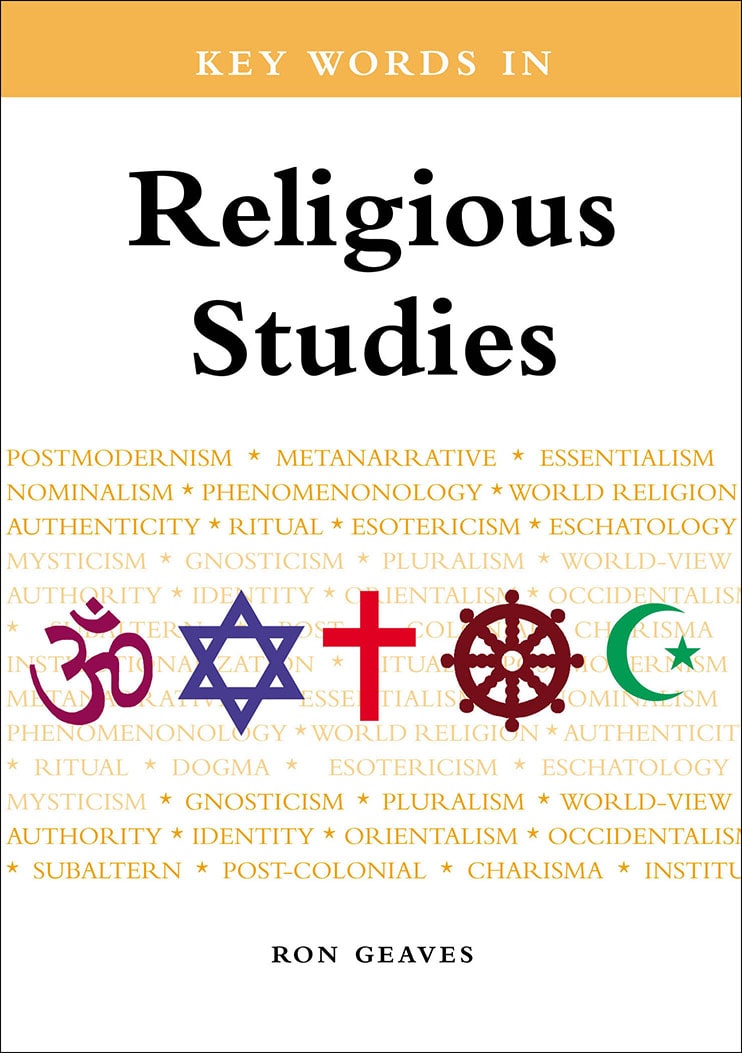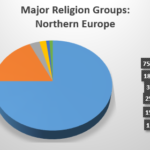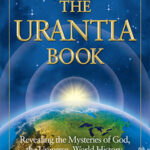Religious Studies: Understanding the Academic Discipline That Explores Faith and Belief Systems

What’s religious studies?
Religious studies represent a multidisciplinary academic field that examine religion as a human phenomenon. Unlike theology, which approach faith from within a particular religious tradition, religious studies maintain scholarly objectivity while explore beliefs, practices, texts, and institutions across all world religions.
This field emerges in the late 19th century as universities begin treat religion as a subject worthy of scientific inquiry. Scholars approach religious phenomena through various methodological frameworks, draw from anthropology, sociology, psychology, history, philosophy, and literary criticism.
Core methodologies in religious studies
Historical approach
Historical methodology examine how religious traditions develop over time. Scholars analyze ancient texts, archaeological evidence, and cultural context to understand how beliefs and practices evolve. This approach reveal how religions adapt to change social conditions while maintain core elements.
Anthropological perspective
Anthropological methods involve study religious practices within their cultural contexts. Researchers conduct ethnographic fieldwork, observe rituals, ceremonies, and daily religious expressions. This approach emphasize how religion functions within specific communities and shape social relationships.
Sociological analysis
Sociological approaches examine religion’s role in society, include its influence on social structures, power dynamics, and group identity. Scholars investigate how religious institutions interact with political systems, economic structures, and social movements.
Psychological framework
Psychological methodologies explore individual religious experiences, include conversion, mystical states, and the cognitive processes underlie belief formation. This approach examine how religion affect mental health, personal identity, and psychological well-being.
Major areas of study
Comparative religion
Comparative religion involve systematic analysis of similarities and differences between religious traditions. Scholars examine common themes like creation myths, moral codes, afterlife concepts, and ritual practices across cultures. This comparative approach reveal universal human concerns while respect unique cultural expressions.

Source: slideserve.com
Sacred texts and literature
Textual analysis form a crucial component of religious studies. Scholars examine scriptures, commentaries, and religious literature use literary criticism, historical analysis, and linguistic methods. This work involve understand texts within their original contexts while explore their contemporary interpretations.

Source: slideplayer.com
Ritual and practice
The study of religious practices encompasses worship services, life cycle ceremonies, pilgrimage, meditation, and prayer. Researchers analyze how these activities create meaning, build community, and transmit religious knowledge across generations.
Religious philosophy and ethics
This area explore philosophical questions raise by religious traditions, include the nature of divine reality, human purpose, and moral responsibility. Scholars examine how different religions address fundamental questions about existence, suffering, and ultimate meaning.
Contemporary approaches and trends
Gender and religion
Contemporary scholarship progressively examines women’s roles in religious traditions, feminist theology, and how gender shape religious experience. This research challenge traditional interpretations and reveals antecedently overlook contributions of women to religious life.
Religion and globalization
Globalization has created new contexts for religious expression and interaction. Scholars study how religions adapt to diaspora communities, interfaith dialogue, and digital communication technologies. This researchexaminese both challenges and opportunities create by increase religious contact.
Material religion
Material religion focus on physical objects, spaces, and sensory experiences in religious practice. Scholars examine religious art, architecture, clothing, food, and music to understand how material culture convey spiritual meaning.
Digital religion
The digital age has transformed religious practice and community formation. Researchers study online religious communities, virtual pilgrimage, religious apps, and how social media affect religious authority and transmission of religious knowledge.
Academic skills and research methods
Language proficiency
Religious studies frequently require learn ancient or foreign languages to access primary sources. Hebrew, Arabic, Sanskrit, Greek, Latin, and various modern languages enable scholars to read religious texts in their original forms and understand nuanced meanings.
Fieldwork and ethnography
Many religious studies scholars conduct fieldwork within religious communities. This involves participant observation, interviews, and build relationships with religious practitioners. Ethical considerations include respect community boundaries and represent beliefs accurately.
Archival research
Historical research require skills in archival methods, paleography, and document analysis. Scholars learn to navigate manuscript collections, church records, and historical documents to reconstruct past religious practices and beliefs.
Interdisciplinary integration
Religious studies demand ability to integrate insights from multiple disciplines. Scholars must understand anthropological theory, historical methodology, literary criticism, and social science research methods to conduct comprehensive analysis.
Career opportunities
Academic careers
Many religious studies graduates pursue academic careers as professors and researchers. This path typically requires doctoral study and specialization in particular religious traditions or methodological approaches. Academic positions exist in religious studies departments, theology schools, and related fields.
Museum and cultural institutions
Museums, cultural centers, and historical societies employ religious studies specialists to curate exhibitions, conduct research, and develop educational programs. These positions combine scholarly knowledge with public engagement and cultural preservation.
Interfaith and community relations
Religious literacy and cross-cultural understanding make religious studies graduate valuable in interfaith organizations, community relations, and diversity initiatives. These roles involve facilitate dialogue between different religious communities and promote mutual understanding.
Journalism and media
Media organizations need specialists who can accurately report on religious issues and explain complex theological concepts to general audiences. Religious studies training provide essential background for cover religious conflicts, social movements, and cultural trends.
Government and nonprofit sectors
Government agencies, international organizations, and nonprofits employ religious studies specialists for policy analysis, cultural consultation, and program development. This work frequently involves understand how religion affect social issues and international relations.
Challenges and debates in the field
Objectivity and insider / outsider perspectives
Religious studies grapple with questions about scholarly objectivity when study deep hold beliefs. Debates continue about whether religious insiders or outsiders can provide more accurate analysis, and how personal beliefs affect scholarly interpretation.
Definition and boundaries
Define religion itself remain contentious. Scholars debate whether certain belief systems, spiritual practices, or secular ideologies qualify as religions. These definitional questions affect research scope and methodological approaches.
Cultural sensitivity and representation
Ethical concerns arise about how scholars represent religious communities, peculiarly marginalize or minority traditions. Questions of power, privilege, and cultural appropriation influence research practices and publication decisions.
Secular and religious institutions
Tension sometimes exists between secular academic approaches and religious institutional expectations. Scholars navigate different audiences and institutional contexts while maintain scholarly integrity.
Skills develop through religious studies
Critical thinking and analysis
Religious studies develop sophisticated analytical skills for examine complex texts, ideas, and cultural phenomena. Students learn to evaluate evidence, construct arguments, and consider multiple perspectives on controversial issues.
Cultural competency
Exposure to diverse religious traditions build cultural awareness and sensitivity. This knowledge proves valuable in progressively multicultural professional and social environments.
Communication skills
Religious studies emphasize clear writing and effective communication about complex ideas. Students learn to explain sophisticated concepts to various audiences and engage in respectful dialogue about sensitive topics.
Research and information literacy
The field develop strong research skills, include source evaluation, database navigation, and synthesis of information from multiple disciplines. These transferable skills apply across many professional contexts.
Global perspectives and regional specializations
Western religious traditions
Study of Christianity, Judaism, and Islam include examination of their historical development, theological diversity, and contemporary expressions. Scholars explore how these traditions interact with modern challenges and maintain relevance in secular societies.
Eastern religious traditions
Hinduism, Buddhism, Taoism, Confucianism, and other Asian traditions receive significant scholarly attention. Research examine their philosophical foundations, meditation practices, and adaptation to western context through immigration and globalization.
Indigenous and traditional religions
Increase attention focus on indigenous religious traditions ecumenical. This research emphasizes decolonize methodologies and respect indigenous knowledge systems while examine how traditional religions adapt to modern challenges.
New religious movements
Contemporary religious innovations, include new age spirituality, religious syncretism, and alternative spiritual practices, represent grow areas of study. Scholars examine how new movements emerge and gain followers in modern contexts.
Religious studies continue to evolve as scholars develop new methodologies and explore emerge questions about religion’s role in contemporary society. This dynamic field offer rich opportunitifor understandingand human culture, meaning making, and the diverse ways people experience the sacred.






